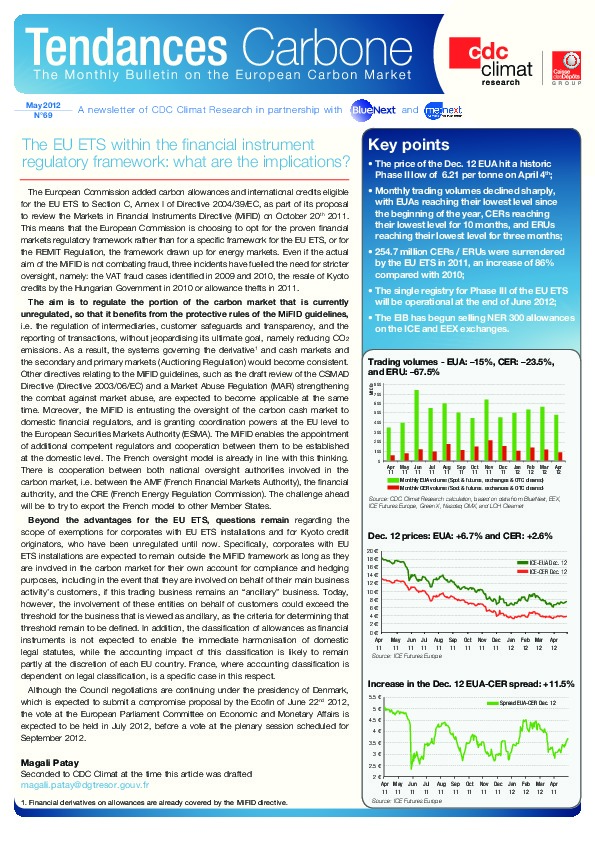Bringing Poland on Board with European Climate Policy
At the March 2012 Environmental Council, Poland once again unilaterally vetoed the Commission’s Roadmap for Moving to a Low Carbon Economy in 2050. All actors now need to reflect hard on the way forward. It is time to begin a much deeper political and technical dialogue around a Climate and Energy Package to 2030.
We should look back at the agreement on the 2008 Climate and Energy Package, which defines policies up to 2020. In March 2007, European leaders supported the 20/20/20 policy package, and called on the Commission to develop legislative proposals. In February 2008, the Commission came forward with three Directives; a 200-page impact assessment, and a suite of policies for fairly sharing the costs between Member States.
